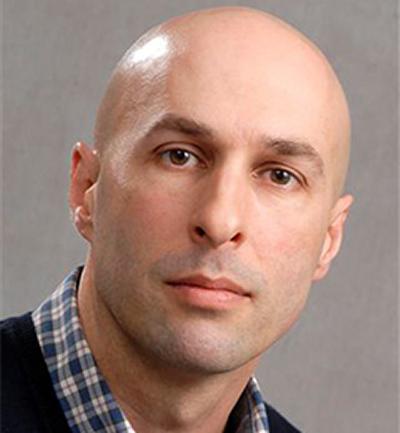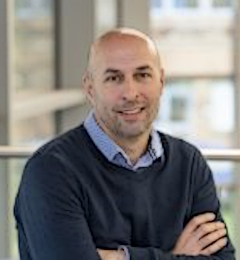Southampton scientists win £200,000 to uncover drug resistance in leukaemia

Scientists at the University of Southampton have been awarded more than £200,000 to investigate why some leukaemia patients do not respond to antibody-based drug treatments.
The grant, awarded by the UK’s specialist blood cancer charity Bloodwise, will be used to find ways to reverse drug resistance in chronic lymphocytic leukaemia (CLL). This will allow doctors to develop better treatment strategies for patients with this type of blood cancer.
CLL is the most common adult leukaemia, with around 4,100 new cases in the UK each year. Drugs made from antibodies offer exciting new treatment options by harnessing the immune system against the cancer cells, but despite these advances, CLL remains largely incurable.
Dr Stephen Beers and his team, who are based in the Cancer Sciences Unit at the University of Southampton, will investigate how CLL cells that carry a specific fault in a gene called NOTCH1 are able to resist the actions of the antibody-based drug rituximab. NOTCH1 gene faults are present in 5-10% of newly diagnosed CLL cases, and these patients typically have a poorer outlook.
Preliminary experiments by the Southampton-based team have shown that in the lab, adding rituximab to leukaemia cells with the NOTCH1 fault does not activate the expected immune responses, and consequently the cancer cells are not destroyed.
Dr Stephen Beers says: “No study has yet investigated the mechanism of resistance by CLL cells with NOTCH1 faults in the presence of antibody-based drugs, and we are very excited to see what we uncover”.
The team will use state-of-the-art genetic technology to profile the array of different NOTCH1 gene faults in cells from CLL patients. They will then assess the impact these gene faults have on how CLL cells trigger immune reactions in response to two different antibody treatments: rituximab and alemtuzumab.
Dr Alasdair Rankin, Director of Research at Bloodwise, said: “The project at Southampton University will help to boost our understanding of why some patients respond better to current therapies than others. We hope we can then use this knowledge to design different treatment strategies for the future, allowing doctors to tailor treatment plans to an individual patient’s disease.”
